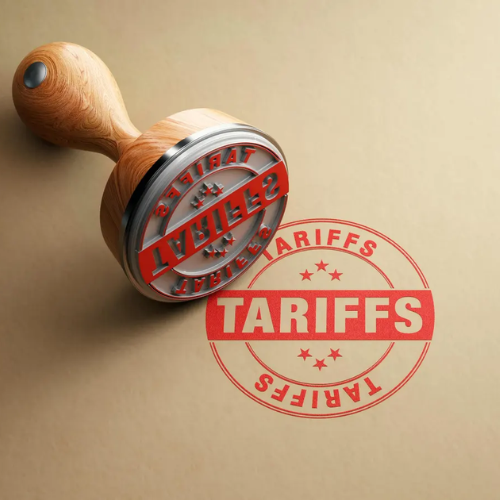The European Union (EU) is moving to sharply raise tariffs on farm products and fertilizers coming from Russia and Belarus. This is part of a broader effort to reduce trade ties with the two countries and stop them from earning money that could support the war in Ukraine.
On Thursday, May 15, the European Parliament’s International Trade Committee voted in favor of raising tariffs — special import tariffs — by 50% on several agricultural goods. These include sugar, flour, vinegar, and animal feed. These products had not been affected by earlier EU trade bans and restrictions.
The draft law was approved by a strong majority: 29 members voted in favor, six voted against, and two abstained. A final vote will take place in Brussels on Thursday, May 22, during a full session of the European Parliament.
According to Inese Vaidere, the Parliament’s standing rapporteur for Russia, the regulation is meant to stop Russia from using trade with the EU to help fund its war. She said, “It is not acceptable that three years after Russia launched its full-scale war, the EU is still buying critical products in large volumes.”
NZ Allocates US$339M to Safeguard Film Sector After Trump’s 100% Tariff on Foreign Movies
Fertilizers to Face Steep Charges
The new rules also include strong action on fertilizers, which are used to grow crops. Right now, fertilizers from Russia and Belarus will face a 6.5% tariff. But this is just the start.
In 2025 and 2026, a fixed charge of €40 to €45 per tonne (about $45–$50) will be added. Then, by 2028, that charge will increase massively to €430 per tonne — or about $482.
This is important because Russia makes a lot of money from fertilizer exports. The European Commission believes that income helps support Russia’s military efforts. Fertilizer imports from Russia were already high in 2023 and rose even further in 2024. The EU now sees this growing dependency as a threat.
EU officials say that relying on Russian fertilizer could be dangerous. If Russia decided to cut off the supply or raise prices, it could hurt farmers in Europe and put food production at risk.
Vaidere said the new policy will give European farmers time to adjust. At the same time, it will help Europe become more self-sufficient and support EU fertilizer producers who have been struggling to compete with cheaper Russian imports.
Global Ripple Effect: U.S.-China Tariffs War Paralyze APEC Markets
Safeguards for EU Farmers and Markets
Along with the tariffs, the new rules also include protections for farmers and the EU’s internal market. The European Commission will keep track of prices and watch for any sudden problems. If there are big disruptions in the market, the Commission promises to step in and help.
This plan is part of a larger set of sanctions the EU has been rolling out over the past ten years to respond to Russia’s actions in Ukraine. The aim is to reduce how much money Russia can make from trade, especially with Europe.
Although Russia sells agricultural goods to other countries too, the EU is a big market. Losing that business could have a major effect. If Russia can’t export as much, it might end up with too much supply at home. While that might lower prices for Russian buyers for a short time, it could hurt Russian producers in the long run by shrinking their profits.
By raising tariffs and cutting imports, the EU hopes to limit Russia’s ability to use European trade to fuel its war while also helping local EU industries survive and grow.


